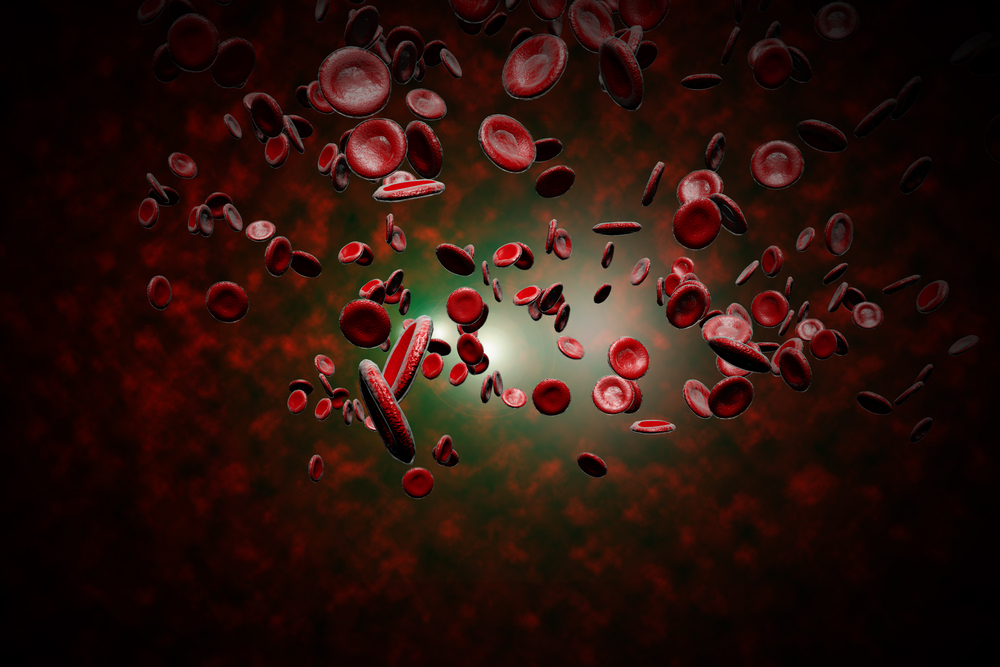You will find a comparison of warfarin and NOACS below. Both medication classes are frequently used in practice and a familiarity with these agents is necessary for any practicing pharmacist. A huge thank you to Aisha Shokoya for putting the majority of this table together.
If you notice something that should be added or changed, please feel free to comment below!
| Warfarin | NOAC’s | ||||
| + ‘s | -‘s | +’s | -‘s | ||
| Cost | Low Cost & widely available | High Cost | |||
| Renal Impairment
Dose adjustment |
No adjustment necessary for renal impairment | Dose adjustments necessary or contraindications for renal impairment | |||
| Hepatic Impairment Dose Adjustment | Must make dose adjustments, but INR monitoring will guide therapy | No dose adjustments but not recommended in severe cases | |||
| Monitoring | Frequent monitoring of INR with associated cost burdens | INR not required | |||
| Drug Interactions | Many interactions with food & drugs | Less interactions; Rivaroxaban interacts with CYP3A4 and P-glycoprotein inhibitors. Dabigatran is affected by P-glycoprotein inducers & inhibitors | |||
| Reversal agents | Vitamin K | Only one agent available for dabigatran only (idarucizumab) | |||
| Patients with cardiac valve replacements | Only anticoagulant for patients with cardiac valve replacements | No use in patients with cardiac valve replacements | |||
| Adherence Assessment | INR can help assess adherence, once daily dosing nice | BID dosing for some, No lab monitoring for adherence | |||
| Dietary restrictions | Must have consistent level of vitamin K uptake | None, except Rivaroxaban should be taken with food for DVT prophylaxis of atrial fibrillation | |||
Love the blog? Get an email when there’s a new post as well as a couple of FREE, unique resources! – No SPAM promise.



0 Comments